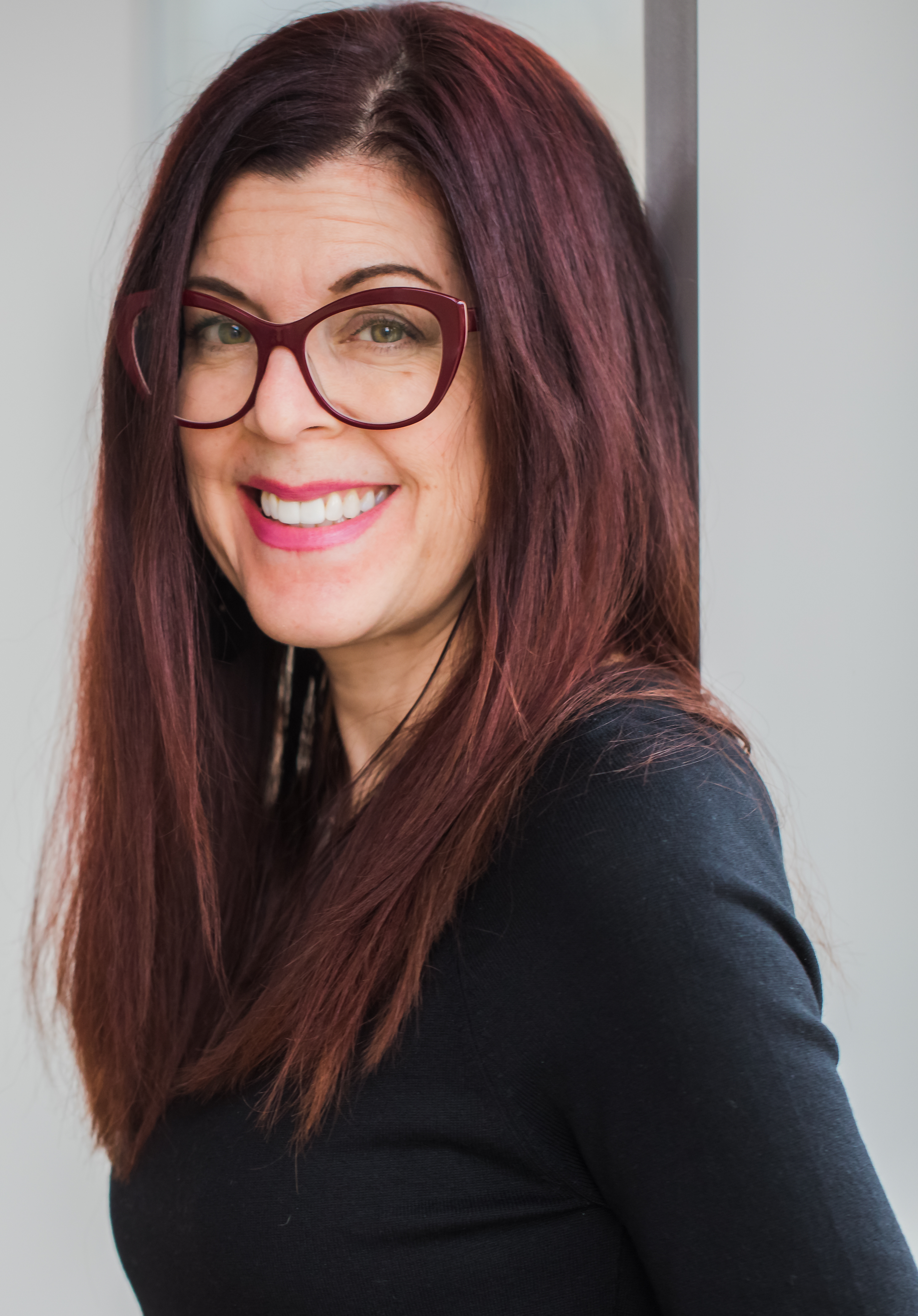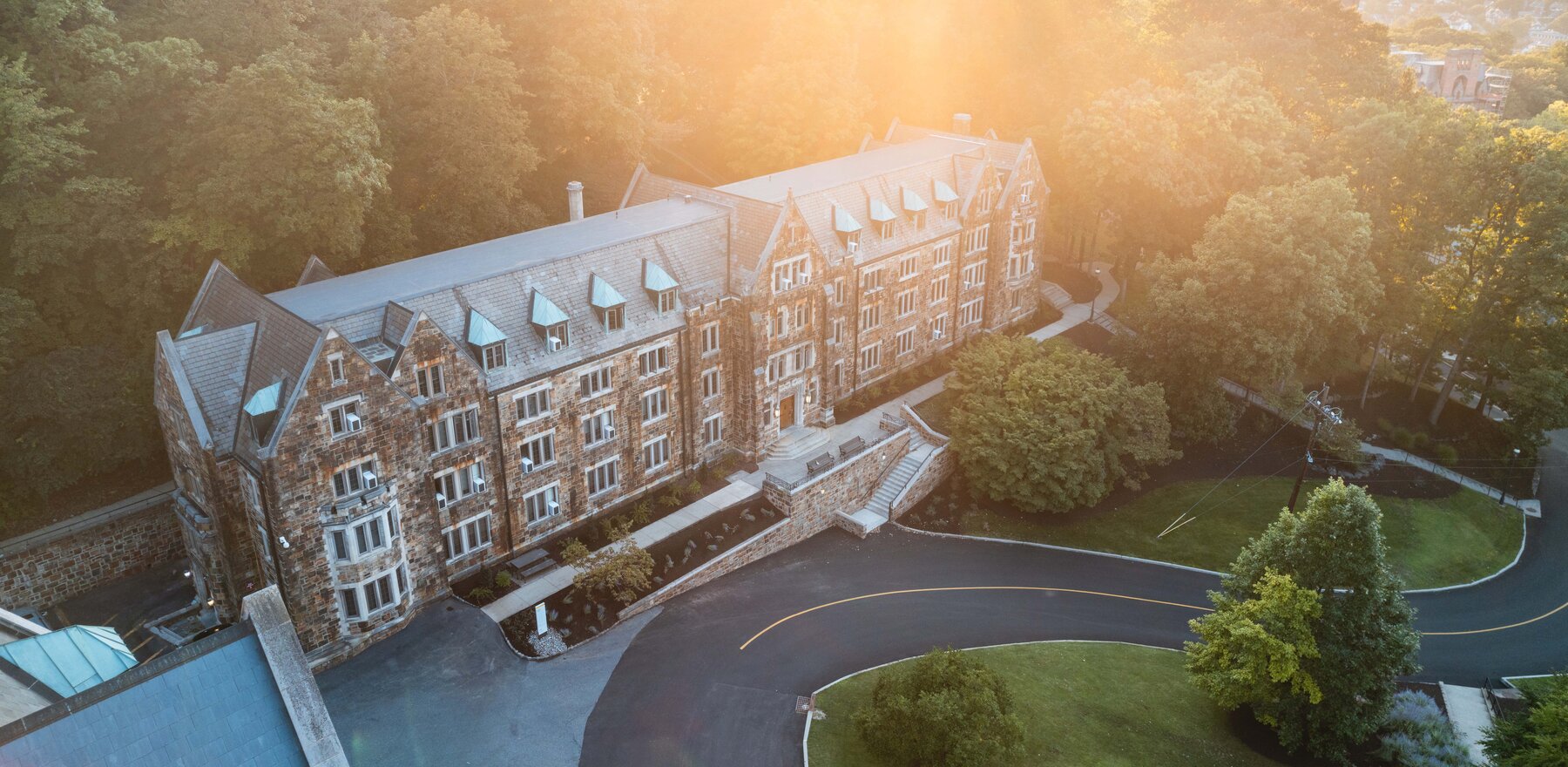Lehigh’s Angelina Rodríguez will present her new book, "Coaching for SOWL: Self-Other-World Learning in Global Education," in an Oct. 2 campus talk on how coaching can transform global education.
Angelina Rodríguez, Assistant Vice Provost for Global Learning at Lehigh University, will host a presentation on campus about her new book.

The event will be held on Wednesday, Oct. 2, at 4 p.m. in the Global Commons in Williams Hall, and will be facilitated by Cheryl Matherly, Vice President and Vice Provost for International Affairs at Lehigh’s Office of International Affairs (OIA).
The book, Coaching for SOWL Self-Other-World Learning in Global Education, was released this summer by Emerald Points. It explores how coaching offers global education a unique modality to engage with difference and to integrate personal and social transformation.
At the heart of the book is the concept of Self-Other-World Learning (SOWL, pronounced “soul”), a pedagogical model that integrates intercultural understanding with transformational learning about oneself, others and the world. The approach centers on how we can make sense of our encounters with difference through increasingly refined lenses, and how this threads through our work as educators, our experiences immersing into new contexts and our attempts to move forward in this moment of tremendous change in the world.
“Over the many years of studying and training to be a coach, the thing that always amazed me was the overlap between the intercultural skills we promote in global education to understand other cultural contexts and how coaches are trained to look at individuals,” Rodríguez said.
“In both cases you’re asked to consider who you are and how that informs your experience, and in both you also go far beyond your initial ideas to get truly curious about how things look from another perspective,” she said. “Both processes are humbling, exciting and moving all at once.”
The book frames the SOWL approach as a way of “doubling inward”—inviting global educators to turn their intercultural skills back toward the self in order to strengthen their ability to engage outwardly. This fosters resilience, self-awareness, and the capacity to meet difference without defensiveness or assimilation.
Coaching for SOWL is divided into two parts. The first links coaching to global education, with chapters on coaching theory, holistic approaches, and difference. The second part explores how to create the conditions for learning across the dimensions of self, other, place, and world.
Throughout the book, Rodríguez responds to some of the most urgent questions facing global educators today: how to sustain those doing global work, how to promote authentic encounters across difference, and how to move from seeing the world as merely interconnected to embracing it as truly integrated.
“Figuring out how to better live within our vast differences is one of our most urgent challenges as a human race,” Rodríguez writes. “As global educators, our work has never been more important.”
